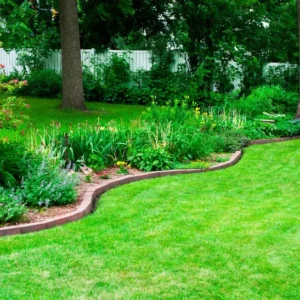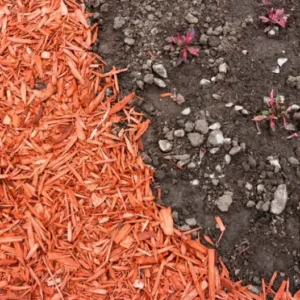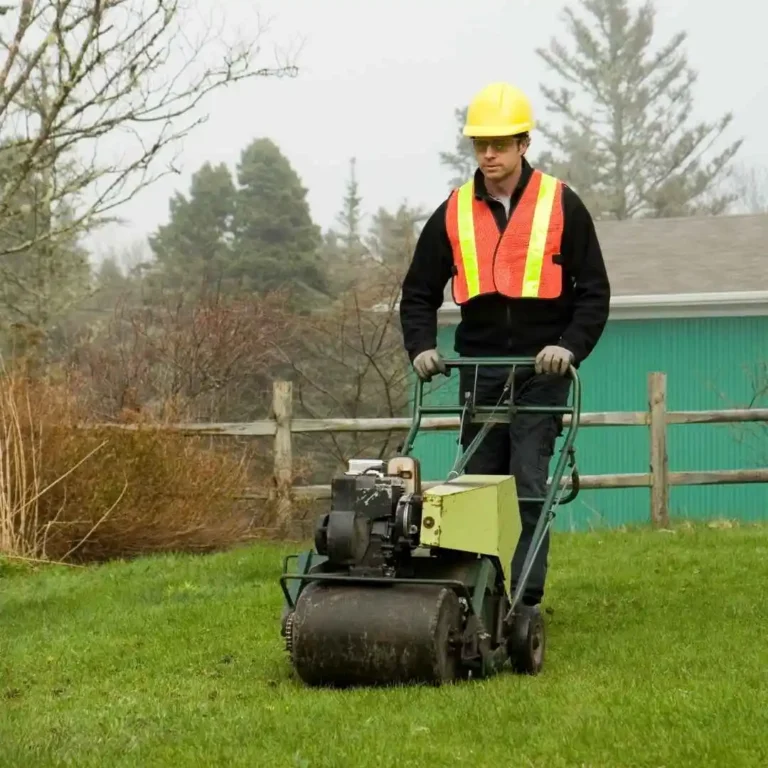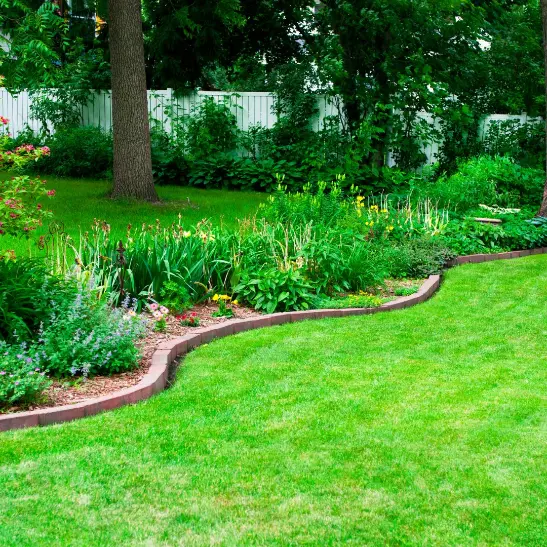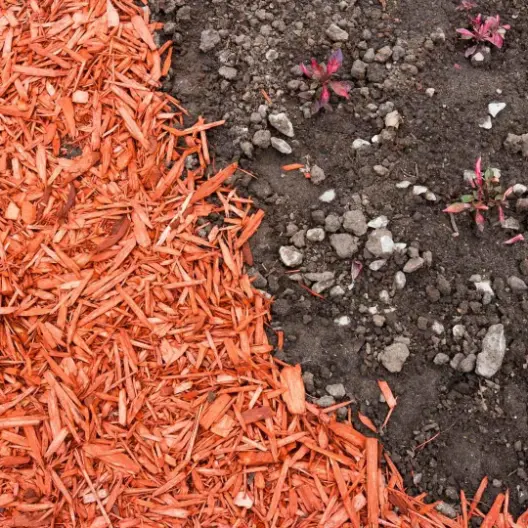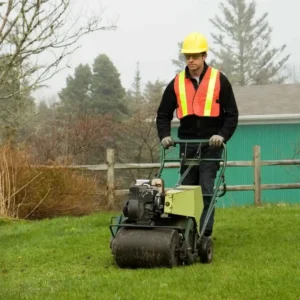
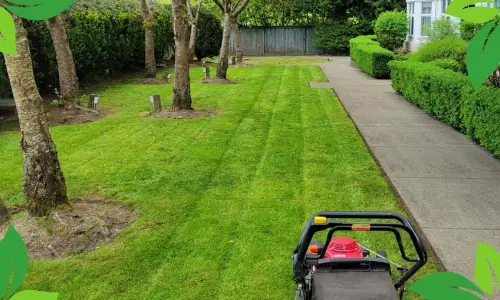
The Ultimate Guide to Mulching Lawn Clippings: When to Mulch, Bag, or Mow for Beautiful Lawns Year-Round
Learn the essential rules for mulching grass clippings to achieve a healthier lawn naturally. Discover when to mulch, bag, or mow for the best results throughout the growing season. This guide covers the advantages of mulching, proper timing, and effective mowing techniques. By following these practices, you can help grass blades retain moisture, improve soil health, and reduce waste, leading to a luscious, low-maintenance lawn that thrives in all weather conditions. Ideal for homeowners looking to enhance their landscape and achieve a healthy garden.
Mulching lawn clippings is key to maintaining vibrant turf. It’s important to understand the benefits and best practices of mulching, especially for those using mowers with mulching blades or lawn tractors. This guide covers everything you need to know, from when to mulch, use a collection bag, or mow for optimal lawn care.
What is mulching, and why is it important?
Mulching is the process of applying a layer of material like grass clippings over soil, providing nutrients and helping grass clumps decompose naturally. Mulching is best for retaining moisture, suppressing weeds, and promoting a healthy, luscious lawn. Ideal times to mulch are early spring, late spring, and late summer, when the grass is actively growing.
By properly mulching during the growing season, you’ll reduce the need to fertilize and create a compost pile from collected clippings, resulting in many benefits for your landscape. Whether using side discharge mowers or riding mowers, this practice ensures your lawn stays green and vibrant while minimizing the need for additional clean-up.
Benefits of Mulching
Mulching offers several benefits, including moisture retention, weed suppression, and temperature moderation. By covering the soil with mulch, gardeners can help maintain an optimal environment for the grassroots, promoting healthy growth and reducing the need for excessive watering.
How does mulching improve soil?
Furthermore, mulching contributes to the improvement of soil structure and fertility. As the mulch breaks down over time, it enriches the soil with organic matter, essential nutrients, and beneficial microorganisms, fostering a healthier and more productive lawn environment.
Common types of mulch for lawns
Common types of mulch for lawns include organic materials such as grass clippings, shredded leaves, and compost. These natural materials not only provide effective mulching but also contribute to the overall health of the lawn by enhancing soil quality.
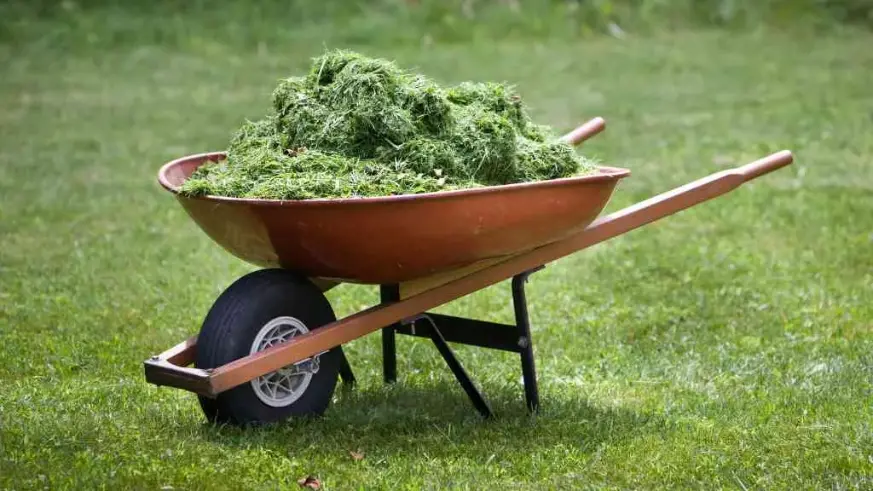
When You Should Mulch Your Lawn Clippings?
Knowing the optimal timing for mulching your lawn clippings is crucial for maximizing the benefits of this practice. The best time to mulch grass clippings is immediately after mowing when the clippings are still relatively short and can be evenly distributed across the lawn.
How does wet grass affect mulching?
It’s important to avoid mulching wet grass, as this can lead to clumping and uneven distribution of the clippings. Wet grass clippings can also create a barrier that prevents air and moisture from reaching the soil, potentially causing issues such as thatch accumulation.
Effect of rain on mulched grass clippings
Additionally, if rain is forecasted shortly after mowing, it’s advisable to wait until the grass clippings are dry before mulching. Rain can cause the mulched clippings to become compacted, hindering their decomposition and potentially damaging the lawn’s appearance.
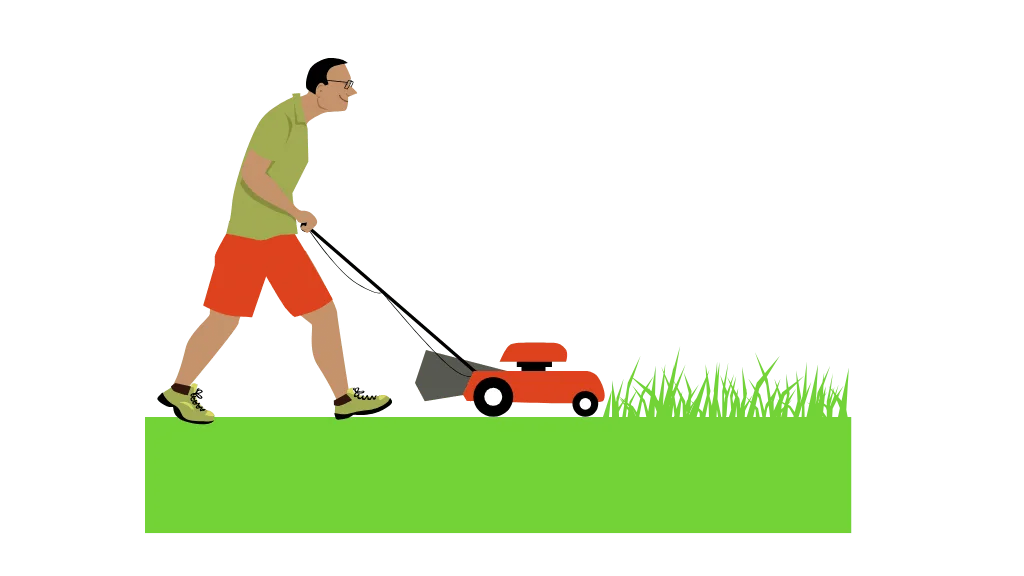
To Bag or Not to Bag: Pros and Cons of Bagging Lawn Clippings
While mulching lawn clippings offers numerous benefits, some homeowners may prefer to bag their clippings instead. It’s important to weigh the pros and cons of bagging lawn clippings to make an informed decision based on individual lawn care needs.
Benefits of bagging lawn clippings
Bagging lawn clippings can help maintain a tidy and manicured appearance of the lawn, especially when dealing with overgrown or weed-infested areas. Additionally, bagging can prevent the spread of weed seeds and limit the presence of unsightly grass clippings on the lawn’s surface.
Disadvantages of bagging grass clippings
However, bagging grass clippings removes valuable organic matter from the lawn and contributes to increased waste. Moreover, the disposal of bagged clippings may require additional effort and resources, posing environmental concerns.
Impact of bagging on soil and nutrient cycle
From a soil health perspective, bagging grass clippings disrupts the natural nutrient cycle, depriving the soil of essential organic inputs. By bagging clippings, the lawn misses out on the benefits of natural decomposition and nutrient recycling that occur when clippings are left on the grass. disposal of bagged clippings may require additional effort and resources, posing environmental concerns.
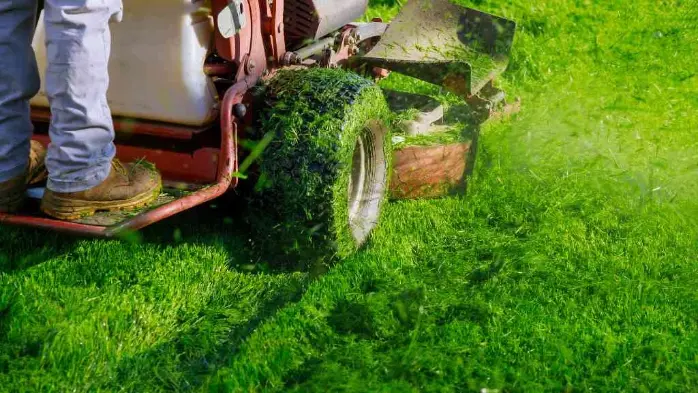
Mowing Techniques for Effective Mulching
Effective mowing techniques play a significant role in achieving optimal mulching results. It’s essential to consider factors such as cutting height, mowing equipment, and addressing thatch build-up to ensure successful mulching of grass clippings.
Recommended cutting height for mulching grass clippings
When mowing for mulching, it’s recommended to maintain a moderate cutting height to avoid stressing the grass and promote healthy regrowth. Cutting the grass too short can lead to scalping and hinder the mulching process.
How to utilize a mulching mower effectively
Utilizing a dedicated mulching mower with specialized blades and a mulching kit can enhance the dispersal of grass clippings across the lawn, promoting even decomposition and nutrient cycling. These mowers are designed to fine-shred the clippings, facilitating their integration into the soil.
Addressing thatch build-up when mowing for mulching
To prevent thatch build-up, it’s important to mow the lawn regularly and dethatch as needed. Thatch accumulation can impede the effectiveness of mulching and hinder the penetration of water, air, and nutrients into the soil, affecting the overall health of the lawn.
Check Out This Video On The Benefits of Bagging vs. Mulching
How to Dispose and Decompose Lawn Clippings
Once you’ve mulched or bagged your lawn clippings, proper disposal and decomposition methods are crucial for managing organic waste and promoting sustainable practices in lawn care.
Strategies for natural decomposition of grass clippings
If you opt to leave the grass clippings on the lawn for natural decomposition, ensure that they are spread evenly to facilitate their breakdown. Over time, the clippings will decompose and contribute essential nutrients back to the soil, enriching the lawn.
Creating compost from lawn clippings
You can also utilize lawn clippings to create nutrient-rich compost for use in your garden or flower beds. By combining grass clippings with other organic materials, you can create a valuable soil amendment that enhances plant growth and fertility.
Proper disposal methods for lawn clippings
If you choose to dispose of your lawn clippings, consider recycling them through municipal composting programs or utilizing them as mulch in other areas of your garden. Proper disposal methods ensure that lawn clippings are managed in an environmentally responsible manner.
Want to know what type of mulch can transform your garden? Find out here.
Is mulching good for lawns?
Mulching the lawn can be very beneficial for the health of your yard. When you mulch your grass with a lawnmower equipped with a mulching function, the grass clippings are finely shredded and deposited directly onto the lawn. This creates a natural mulch layer that decomposes over time, providing valuable nutrients like nitrogen back to the soil. The clippings do not cause thatch, as some may believe, but help promote a healthier lawn.
It is always best to mulch your grass rather than rake and bag it for disposal. Not only does this save you time and effort, but it also eliminates the need for synthetic fertilizer as the mulched clippings act as a natural fertilizer for your lawn. If you are trying to mulch without a mulching lawn mower, you can simply remove the grass collector and discharge the clippings on your lawn for the same effect.
Looking for a trusted Lawn Care Service? Call Splendid Landscaping to get your free quote!
Splendid Landscaping’s skilled lawn care may completely change your yard! Our crew provides excellent care to preserve the health, vibrancy, and upkeep of your grass. We can do routine maintenance as well as a complete landscape overhaul. Get your free quote now and discover the difference that comes from expert lawn care that makes your property look its best!
Transform your outdoor space into a stunning haven with our expert landscaping services!
Get Your Free Quote Now!Kaushikan Ganesan
Experienced Technician with a demonstrated history of working in the Landscaping/construction industry. Skilled in Plant Identification, Environmental Education, Garden, Sustainability, and Agriculture. Strong engineering professional with a Bachelor’s Degree focused in Environmental Horticulture from Dalhousie University.
All Posts

